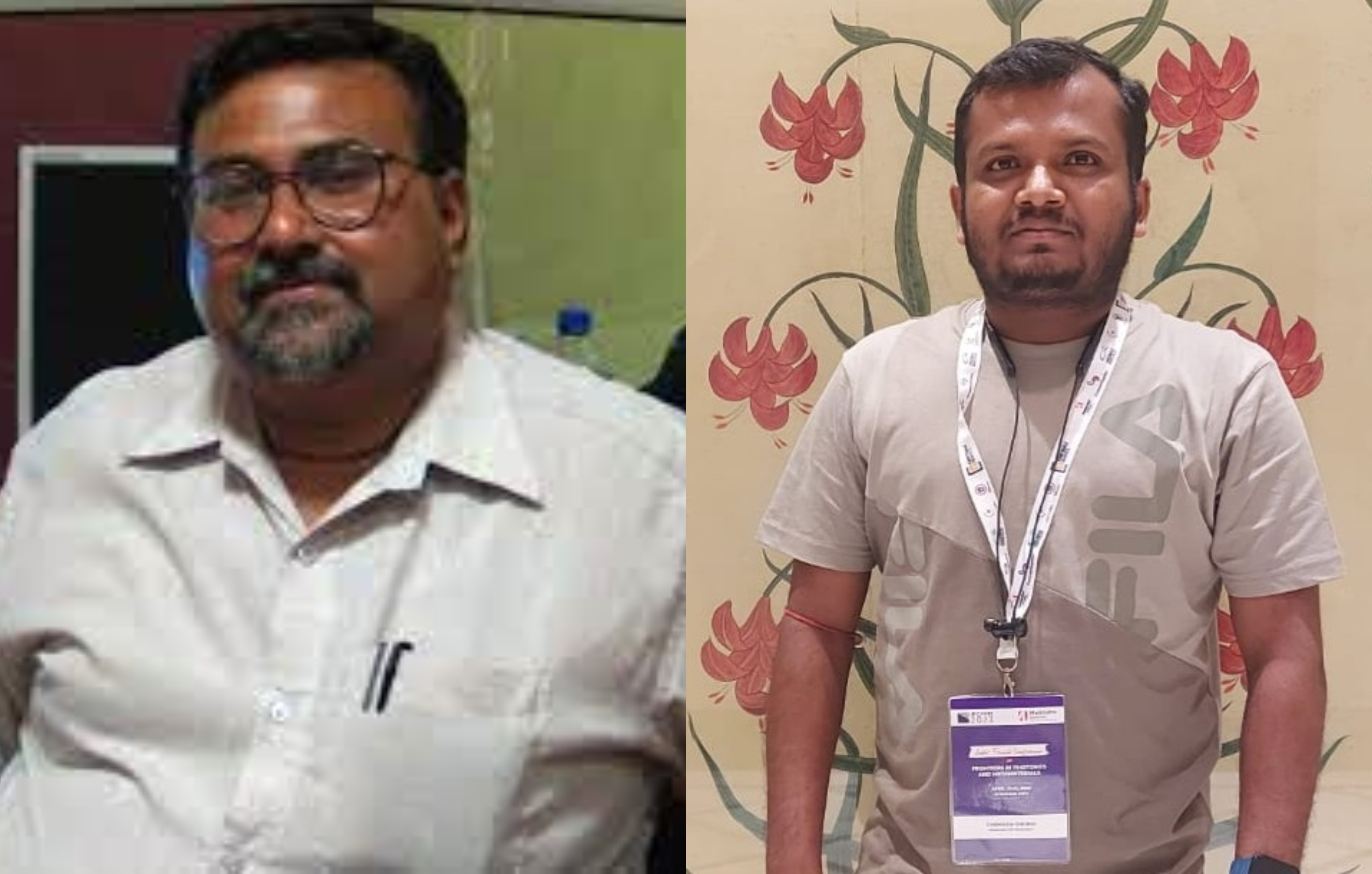RFK Jr.'s Vaccine Stance Threatens mRNA Innovation and Public Health in the Philippines

RFK Jr.'s Vaccine Stance Threatens mRNA Innovation and Public Health in the Philippines
Robert F. Kennedy Jr.'s increasingly vocal criticism and actions concerning mRNA technology are raising serious concerns, particularly regarding their potential impact on public health in the Philippines and globally. His recent decision to reportedly pull nearly $500 million in contracts for mRNA vaccine development projects highlights a significant risk: the stifling of vital medical innovation at a time when new threats emerge constantly.
mRNA technology represents a revolutionary advancement in vaccine development and medicine. Unlike traditional vaccines, mRNA vaccines don't use weakened or inactive viruses. Instead, they deliver genetic instructions (mRNA) to our cells, teaching them to produce proteins that trigger an immune response. This approach has proven remarkably effective in combating diseases like COVID-19, offering rapid development and adaptability to new variants – crucial for pandemic preparedness.
Kennedy’s stance, driven by a long-held anti-vaccine ideology, casts a shadow over this promising field. While healthy skepticism and critical evaluation of scientific advancements are essential, his claims often lack scientific basis and contribute to vaccine hesitancy. This hesitancy, as we’ve seen during the COVID-19 pandemic, can have devastating consequences, leading to preventable illnesses, hospitalizations, and even deaths. The Philippines, like many nations, continues to grapple with vaccine uptake challenges, and amplifying misinformation only exacerbates the problem.
The cancellation of these contracts is particularly alarming. $500 million is a substantial investment, representing years of research and development by dedicated scientists and researchers. Pulling these funds not only jeopardizes existing projects but also discourages future investment in mRNA technology. This has implications far beyond COVID-19; mRNA holds immense potential for developing vaccines and therapies for a wide range of diseases, including influenza, HIV, cancer, and malaria – diseases that disproportionately affect populations in the Philippines and across Southeast Asia.
It's crucial for Filipinos to be well-informed and rely on credible sources of information regarding vaccines and public health. The Department of Health (DOH) and reputable medical organizations consistently provide evidence-based guidance. Instead of embracing unsubstantiated claims, we should support scientific progress and prioritize public health measures that protect our communities. The potential loss of mRNA innovation due to misinformation and misguided actions poses a real and significant threat to the well-being of the Filipino people and the global community.
The future of medicine hinges on continued innovation, and mRNA technology is a vital piece of that puzzle. Let's not allow unfounded fear and misinformation to derail progress towards a healthier future for all.






